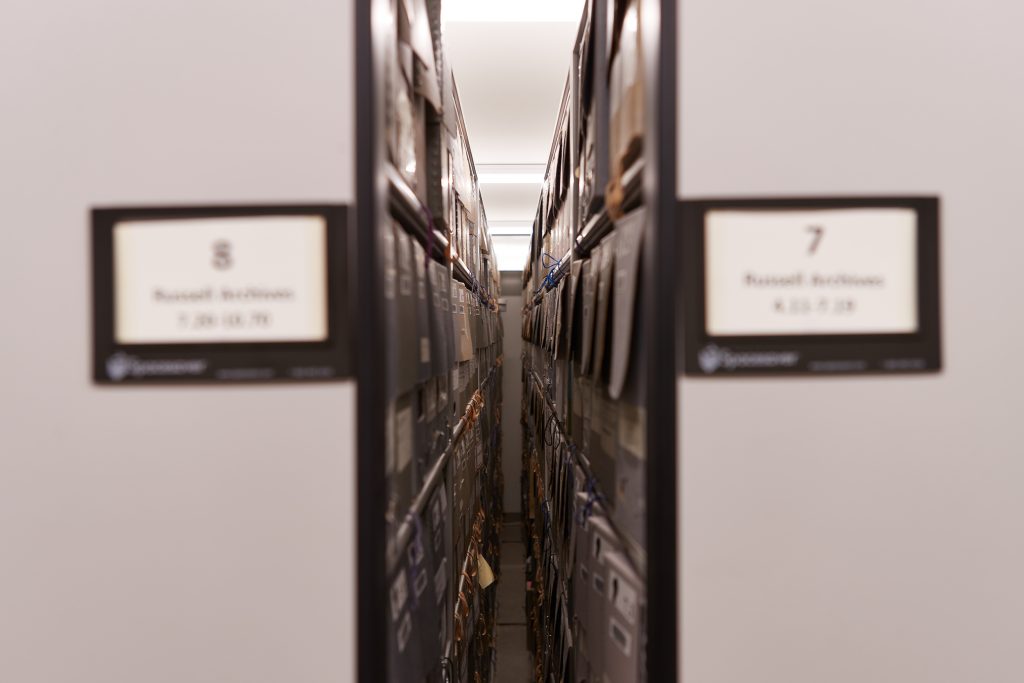International Collaborating Data Gathering for SDG
McMaster University participates in international collaborations on gathering and measuring data for the SDG’s.
Expanding the Scope of Social Systems Evidence
With a growing international focus on evidence-informed policymaking to achieve the UN’s Sustainable Development Goals (SDGs), McMaster University is expanding the scope of Social Systems Evidence (SSE) to cover all of the SDGs. Social Systems Evidence is the world’s most comprehensive, free access point for synthesized evidence about strengthening 16 government sectors and program areas.
The Social Systems Evidence is an initiative of McMaster Health Forum and the Monash Sustainable Development Institute.
Health Systems Evidence (HSE)
Created by McMaster University, Health Systems Evidence (HSE) is the world’s most comprehensive, free access point for evidence to support policy makers, stakeholders and researchers interested in how to strengthen or reform health systems while making programs cost-effective and providing services and products to those who need them. HSE is recognized by the World Health Organization as the best source of research evidence about health systems. Over 13,900 registered users currently make use of its customized evidence service.
McMaster Institute for Research on Aging (MIRA) Open Access Database
The McMaster Institute for Research on Aging is a cross-faculty research institute that advances the science behind aging. By examining biological, behavioural, technological and environmental factors that affect how people age, this research is optimized to create useable, practical, older-adult centred solutions that promote aging in place. MIRA aims to improve the health and longevity of the aging population through leading-edge research, education and stakeholder collaborations, while upholding the value of integrity, excellence, interdisciplinary collaboration and transparency. This McMaster research institute provides open datasets regarding studies on aging for anyone to use.
Global Antimicrobial Resistance Database (CARD)
The CARD database grants scientists, government, and non-profit institutions on-demand access to global superbug data to help prevent the next global health threat. Antimicrobial resistance (AMR) is a growing health threat, especially in communities with poor access to health care, sanitation and housing. Developed at McMaster by Andrew McArthur and Gerry Wright, professors in the Department of Biochemistry and Biomedical Sciences, CARD is a rigorously curated bioinformatics database that contains the world’s knowledge of antimicrobial resistance genes.
Promoting and Protecting Global Human Rights
McMaster researcher Bonny Ibhawoh is a UN expert Mechanism on the Right to Development, as named by the UN Human Rights Council, which makes him responsible for monitoring and reporting on conditions related to the right to development. His work seeks to address systemic inequalities and human rights violations globally.
Housed within McMaster’s Centre for Human Rights and Restorative Justice and led by principal investigator Bonny Ibhawoh, Participedia is the largest database of its kind, comprising 63 researchers from 22 universities and 21 organizations across 12 countries. It an open-access crowdsourcing platform, similar to Wikipedia, to share research and information about democratic initiatives around the world.
Working with $2.5 million funding from SSHRC and other sources, Phase 2 of Participedia will focus on the challenges of democracy in the Global South, which refers broadly to the regions of Latin America, Asia, Africa and Oceania. Researchers and contributors will also address how non-Western democratic innovations are documented and analyzed by researchers.
In 2024, Ibhawoh shared his preliminary findings of a climate justice study he is undertaking with support from researchers at the McMaster Centre for Human Rights and Restorative Justice. He shared with us why climate justice, which is rooted in the understanding that the impacts of climate change are unevenly distributed across the globe, is an essential framework for global conversations about climate change.
“Unparalleled dedication to student growth and climate science” – Professor’s local initiatives have global impact
Dr. Altaf Arain, who’s now a professor in the School of Earth, Environment & Society and the Science Research Chair in Environmental Sustainability and Climate Change, was looking to test a potential solution to our climate crisis. In 2002, he launched the Turkey Point Environmental Observatory which has been collecting data every half hour ever since, making it an invaluable resource for hundreds of climate scientists around the world.
Seven years later, he founded the McMaster Centre for Climate – a centre he would lead for 15 years and build into a catalyst for interdisciplinary research, student engagement, science communication and community outreach.
Altaf met with politicians and government agencies, fielding interview requests from journalists and connecting with climate scientists, groups and organizations looking to collaborate or replicate what the centre was doing at their universities. He says the centre has become everything he had hoped for – fostering multidisciplinary research with local to international partnerships, championing science communication and inspiring the next generation of climate scientists.
Faculty associated with the centre have published more than 300 peer-reviewed journal articles, presented over 160 times at national and international scientific conferences, workshops and symposiums and secured more than $8.5 million in grants from Tri-Council agencies and the Global Water Futures Program.

